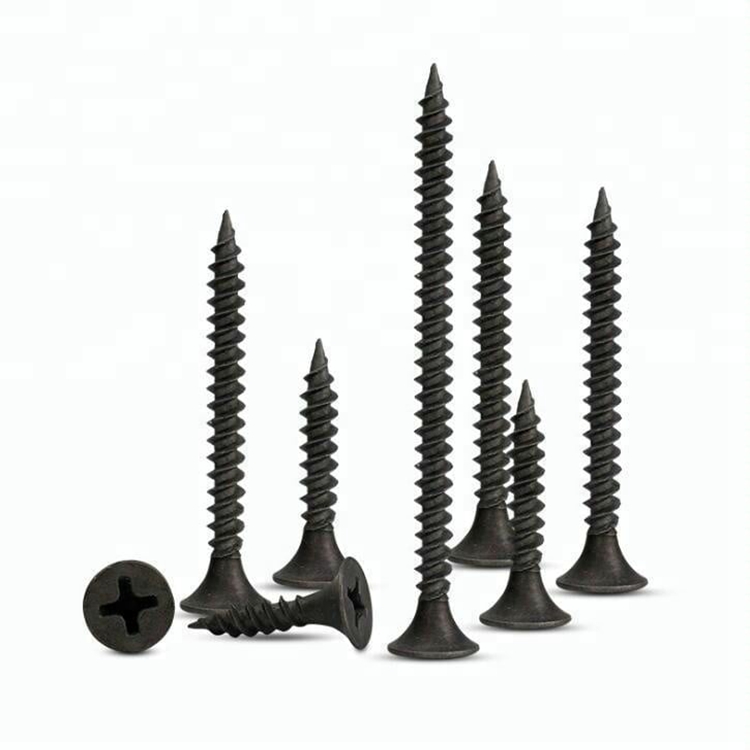pressure plate bolts factories
ਅਕਤੂਃ . 06, 2024 05:35 Back to list
pressure plate bolts factories
Understanding Pressure Plate Bolts A Comprehensive Overview of Factories and Manufacturing Processes
Pressure plate bolts play a critical role in various industrial applications, primarily in the automotive and manufacturing sectors. These specialized fasteners are crucial for securing components within pressure plates, ensuring the reliability and safety of machinery under high-stress conditions. This article explores the importance of pressure plate bolts, the manufacturing processes involved in producing them, and the factory environments where they are made.
The Importance of Pressure Plate Bolts
Pressure plate bolts are designed to withstand significant pressure and torque, making them essential in applications such as clutch assemblies in vehicles and heavy machinery. Their primary function is to hold together different parts of a pressure plate, ensuring that they maintain their integrity during operation. A failure in these bolts can lead to catastrophic mechanical failures, resulting in costly repairs, equipment downtime, and potential safety hazards.
The material selection for pressure plate bolts is critical, as they must possess high tensile strength, corrosion resistance, and durability. Common materials include high-grade steel alloys, stainless steel, and sometimes even specialized coatings to enhance performance under extreme conditions. Manufacturers must adhere to strict industry standards to ensure that these bolts can reliably perform their intended functions.
Manufacturing Processes
The manufacturing of pressure plate bolts involves several key processes that collectively ensure the production of high-quality fasteners. Here’s an overview of the key stages involved
1. Material Selection As mentioned, the choice of material is crucial for producing robust and reliable bolts. Factories typically source high-quality raw materials from reputable suppliers, ensuring they meet the necessary mechanical and chemical standards.
2. Forging Many pressure plate bolts are manufactured using forging techniques. In this process, heated metal is shaped using molds and hammers to create the desired form. Forging enhances the strength of the bolts by aligning the metal grains and reducing the likelihood of weaknesses within the material.
pressure plate bolts factories

3. Machining After forging, the bolts undergo precision machining to achieve exact dimensions and surface finishes. This step often involves turning, milling, and drilling to create the necessary features, such as threads and head shapes.
4. Heat Treatment To improve the mechanical properties of the bolts, heat treatment processes like quenching and tempering are employed. This step increases the bolts' hardness and strength, making them suitable for high-pressure applications.
5. Surface Treatment To protect against corrosion and wear, pressure plate bolts may undergo surface treatments. This can include plating, coating, or anodizing. These processes not only enhance the durability of the bolts but also improve their appearance.
6. Quality Control Factories implement rigorous quality control measures throughout the manufacturing process. This includes inspections and tests such as tensile strength testing, microstructure analysis, and dimensional checks to ensure that each bolt meets specifications and industry standards.
The Factory Environment
Factories that specialize in producing pressure plate bolts are typically equipped with advanced machinery and technology to facilitate efficient production. A clean, controlled environment is essential to prevent contamination of materials during manufacturing. Skilled technicians and engineers oversee the processes, ensuring that best practices are followed and that safety regulations are met.
Sustainability has also become a significant focus for many manufacturing facilities. Efforts to minimize waste, optimize energy usage, and source materials sustainably are increasingly implemented in modern factories. This not only benefits the environment but also enhances the company’s reputation and competitiveness in the market.
Conclusion
Pressure plate bolts are indispensable components in various mechanical systems, necessitating careful consideration in their design and production. The manufacturing processes involved are complex and require state-of-the-art facilities and skilled personnel to ensure high quality and performance. As industries continue to evolve, the demand for innovative and reliable fasteners like pressure plate bolts will only increase, underscoring the importance of these manufacturing factories in meeting that demand. In a world that relies heavily on machinery and precision engineering, understanding the intricacies of pressure plate bolts and their production is essential for industry stakeholders.
Latest news
-
Wire Bolts Suppliers: Durable & Reliable Fasteners for Every Project
NewsAug.25,2025
-
Premium Cabinet Bolts Supplier | Wholesale & Custom Solutions
NewsAug.24,2025
-
Reliable Axle Nuts Supplier | Quality & Precision Fasteners
NewsAug.23,2025
-
Durable Bolts for Lawn Mower Handle - Top Supplier & Manufacturer
NewsAug.22,2025
-
High-Quality Bolts for Lawn Mower Handle Supplier & Manufacturer
NewsAug.21,2025
-
Reliable Axle Nuts Supplier | High-Quality Automotive Parts
NewsAug.19,2025
